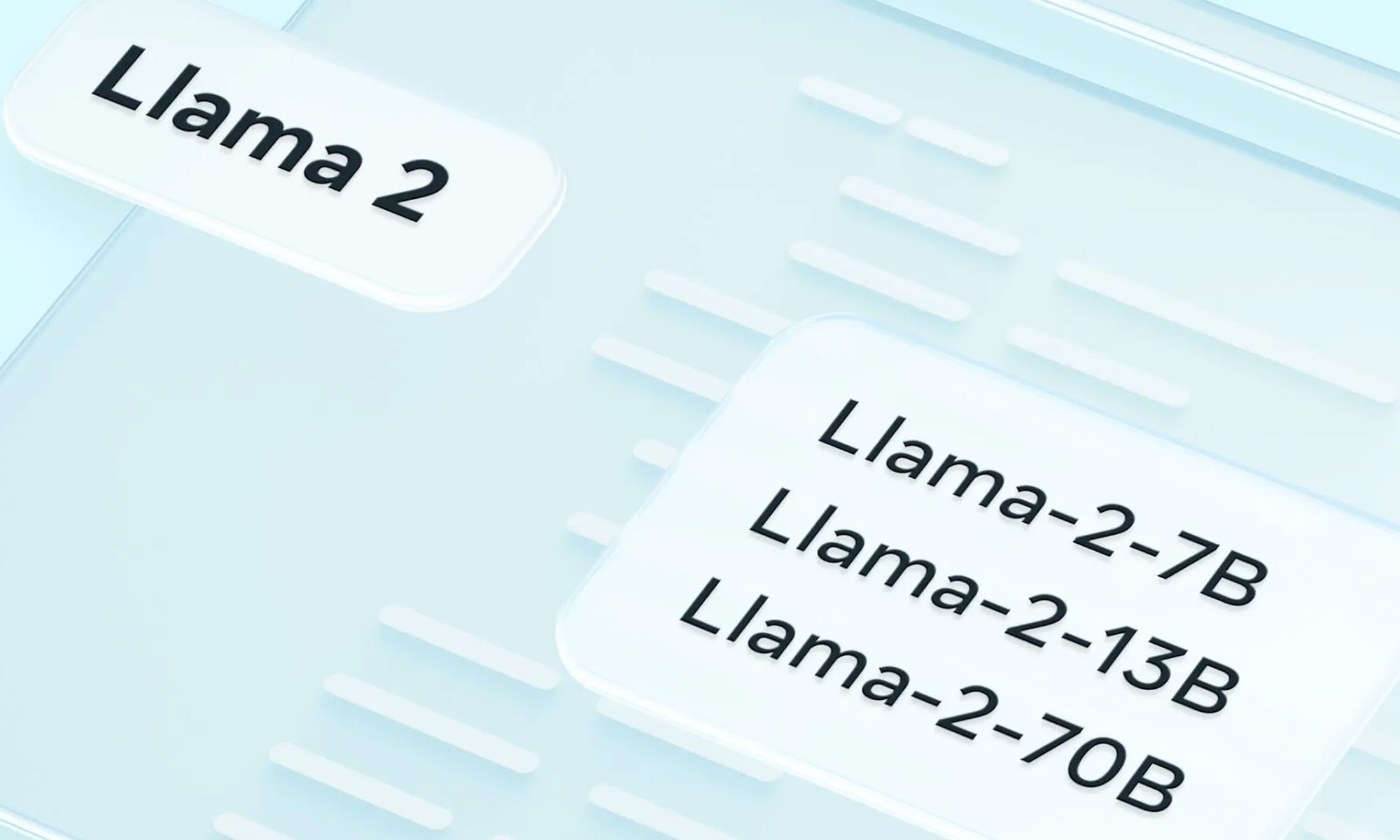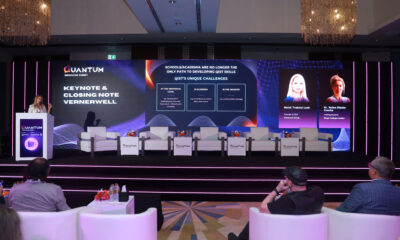News
Meta & Microsoft Release AI Language Tool For Commercial Use
The open-source AI model, called Llama 2, will be available through the Azure AI catalog and Amazon Web Services, as well as in a standalone Windows version.

Meta and Microsoft have partnered to create Llama 2, a “next-generation large language AI model” for commercial and research applications. Llama 2’s open-source code places greater importance on responsibility and includes a reasonable use guide, plus an acceptable use policy to prevent criminal applications, misleading information, and spam.
Meta is releasing pre-trained and conversation-oriented versions of Llama 2 for free. Meanwhile, Microsoft is making the AI tool available through the Azure AI catalog to use with cloud tools, including content filtering. Llama 2 can also run directly on Windows PCs and will be available through outside providers such as Amazon Web Services and Hugging Face.
Major rivals like the popular OpenAI GPT-4 are often locked down for greater subscription or licensing revenue, but Llama 2’s Open Source code lets companies customize the AI technology for their own purposes — such as chatbots and image generators — while providing a way for outsiders to check for biases, inaccuracies, and operating flaws.
Also Read: The Largest Data Breaches In The Middle East
For Microsoft, Llama 2 is an important project in the fight against AI rivals — notably Google. Microsoft already uses OpenAI systems in Azure and Bing, so the latest Meta collaboration should give business customers greater choice, especially if they’re interested in fine-tuning an AI model to suit more specialist needs.
News
Rabbit Expands Hyperlocal Delivery Service In Saudi Arabia
The e-commerce startup is aiming to tap into the Kingdom’s underdeveloped e-grocery sector with a tech-first, locally rooted strategy.

Rabbit, an Egyptian-born hyperlocal e-commerce startup, is expanding into the Saudi Arabian market, setting its sights on delivering 20 million items across major cities by 2026.
The company, founded in 2021, is already operational in the Kingdom, with its regional headquarters now open in Riyadh and an established network of strategically located fulfillment centers — commonly known as “dark stores” — across the capital.
The timing is strategic: Saudi Arabia’s online grocery transactions currently sit at 1.3%, notably behind the UAE (5.3%) and the United States (4.8%). With the Kingdom’s food and grocery market estimated at $60 billion, even a modest increase in online adoption could create a multi-billion-dollar opportunity.
Rabbit also sees a clear alignment between its business goals and Saudi Arabia’s Vision 2030, which aims to boost retail sector innovation, support small and medium-sized enterprises, attract foreign investment, and develop a robust digital economy.
The company’s e-commerce model is based on speed and efficiency. Delivery of anything from groceries and snacks to cosmetics and household staples is promised in 20 minutes or less, facilitated by a tightly optimized logistics system — a crucial component in a sector where profit margins and delivery expectations are razor-thin.
Despite the challenges, Rabbit has already found its stride in Egypt. In just over three years, the app has been used by 1.4 million customers to deliver more than 40 million items. Revenue has surged, growing more than eightfold in the past two years alone.
Also Read: Top E-Commerce Websites In The Middle East In 2025
CEO and Co-Founder Ahmad Yousry commented: “We are delighted to announce Rabbit’s expansion into the Kingdom. We pride ourselves on being a hyperlocal company, bringing our bleeding-edge tech and experience to transform the grocery shopping experience for Saudi households, and delivering the best products – especially local favorites, in just 20 minutes”.
The company’s growth strategy avoids the pitfalls of over-reliance on aggressive discounting. Instead, Rabbit leans on operational efficiency, customer retention, and smart scaling. The approach is paying off, having already attracted major investment from the likes of Lorax Capital Partners, Global Ventures, Raed Ventures, and Beltone Venture Capital, alongside earlier investors such as Global Founders Capital, Goodwater Capital, and Hub71.






















